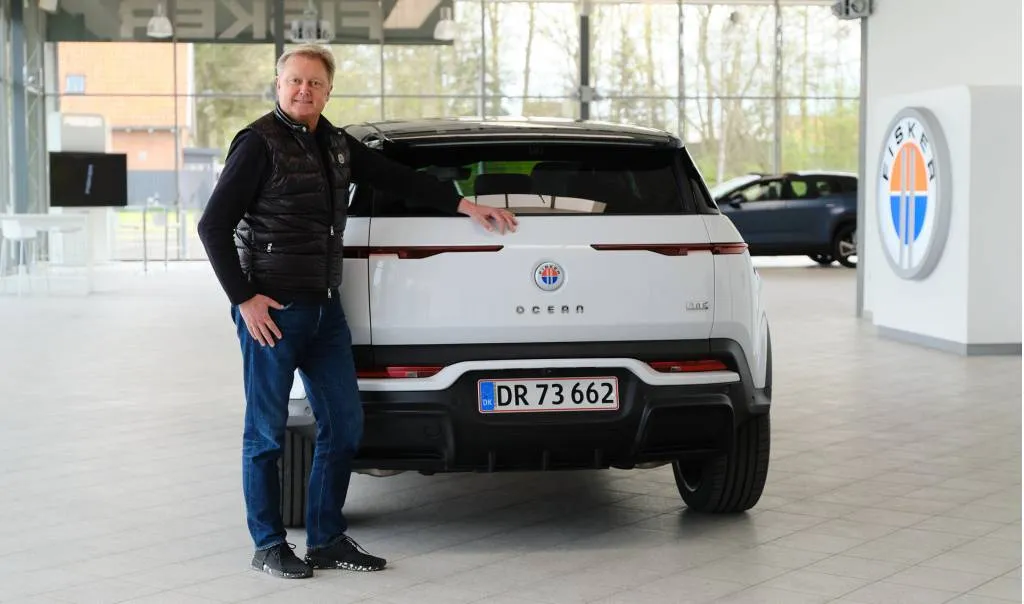- Fisker's second electric car company has gone bankrupt
- Fisker filed for Chapter 11 bankruptcy protection in Delaware
- "Thousands" of Ocean electric SUVs were delivered before the bankruptcy filing
Electric vehicle startup Fisker on Monday filed for Chapter 11 bankruptcy protection with a court in Delaware, just a year after the start of deliveries of the company's Ocean debut model.
A company spokesperson said Fisker delivered “thousands” of the crossovers to customers in Europe and North America but was set back by “various market and macroeconomic headwinds.”
In addition to facing a market cooling on EVs, Fisker also suffered challenges in ramping up production due to supply chain issues. The National Highway Traffic Safety Administration also started a preliminary probe into the Ocean in May after receiving complaints of doors sometimes failing to open.
Fisker was founded in 2016 and was one of the more promising EV startups only a short while ago. It became a public company in late 2020 via a reverse merger, and the following year its share price shot up to a high of $28.50 before beginning its decline into penny stock status. It was delisted from the New York Stock Exchange in March.

Henrik Fisker with the first customer Fisker Ocean - May 2023
Fisker attempted to raise funds by partnering with a major automaker, and talks between Fisker and Nissan were rumored. However, without a deal in place, Fisker's cash continued to deplete and the company in March decided to halt production of the Ocean at the crossover's plant in Austria operated by contract manufacturer Magna Steyr.
This marks the second time that an EV startup founded and led by Henrik Fisker has succumbed to bankruptcy. A previous incarnation of Fisker went bust in 2013, and its remaining assets were sold to Chinese battery company Wanxiang. That company was revived and today operates as Karma.
The modern Fisker also plans to sell its remaining assets, which the company estimates at a value of between $500 million and $1 billion. Among the assets are designs for three additional vehicles including an urban crossover called the Pear, a lifestyle pickup truck called the Alaska, and a four-door convertible called the Ronin.
